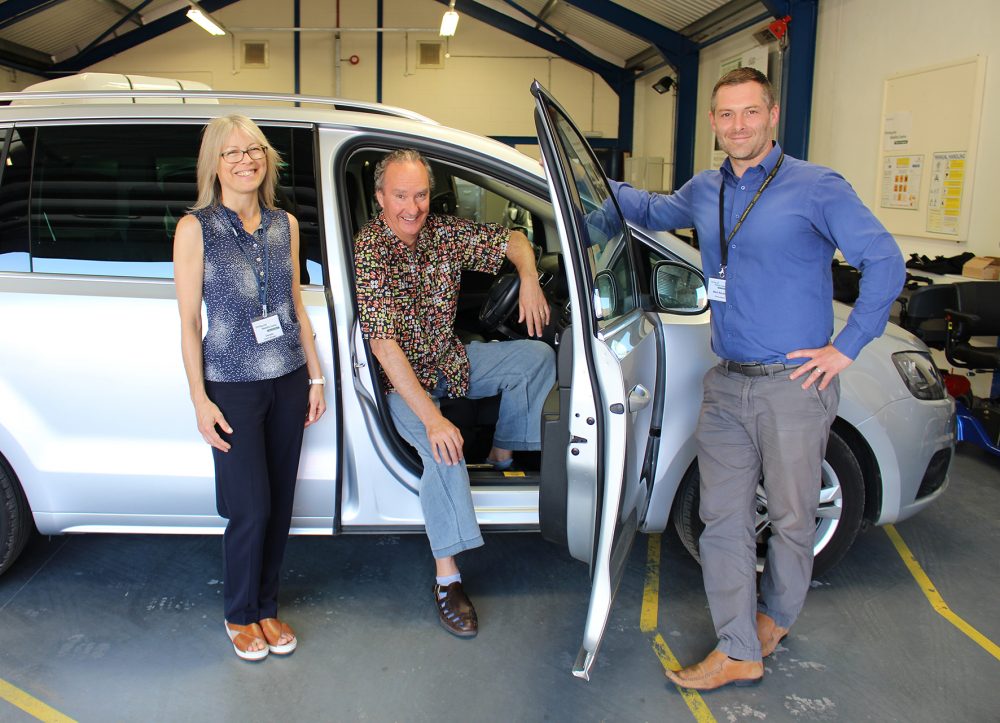
Eyesight
Having a visual impairment does not necessarily mean retiring from driving. There are, however, minimum eyesight requirements which must be met by all drivers (it includes the use of glasses and contact lenses). All drivers must:
- be able to meet the legal requirements for distance vision
- have sufficient visual acuity (ability to distinguish objects clearly)
- have sufficient field of vision (looking at a fixed position but being aware of objects and movement above, below and to the sides of the fixed position)
- Exceptions apply
Drivers with colour blindness do not need to notify the DVLA.
Conditions Affecting Eyesight Which Can Affect Fitness to Drive
- Cataract
- Monocular vision
- Glaucoma, retinopathy, hemianopia and retinopathy (known as visual field defects)
Being able to respond promptly to potential hazards on the road is vital and many people adapt well to the changes to their vision.
It is important to have regular eye tests to check your vision, keep your glasses/contact lenses up to date and ensure you always meet the minimum eyesight requirements.
The DVLA provide in depth guidance on specific legal requirements and responsibilities
Read a customer story here.
Hearing
Being deaf impacts on how a driving instructor and learner communicate, particularly in a moving vehicle. More or longer lessons may be required to allow time for stopping the vehicle to discuss progress or give instruction; for example, via British Sign Language (BSL), lip reading and/or hand signals.
Learning to drive an automatic car may be easier and potentially quicker, but this does not mean that someone with hearing loss cannot drive a manual car. It is important to be aware that if the driving test is passed in an automatic vehicle the driver cannot legally drive a manual vehicle.
It is not a legal requirement to inform the DVLA of hearing loss but it is necessary to inform DVSA when booking the driving test so the examiner is aware.
Please contact your nearest Mobility Centre for more information and advice.
